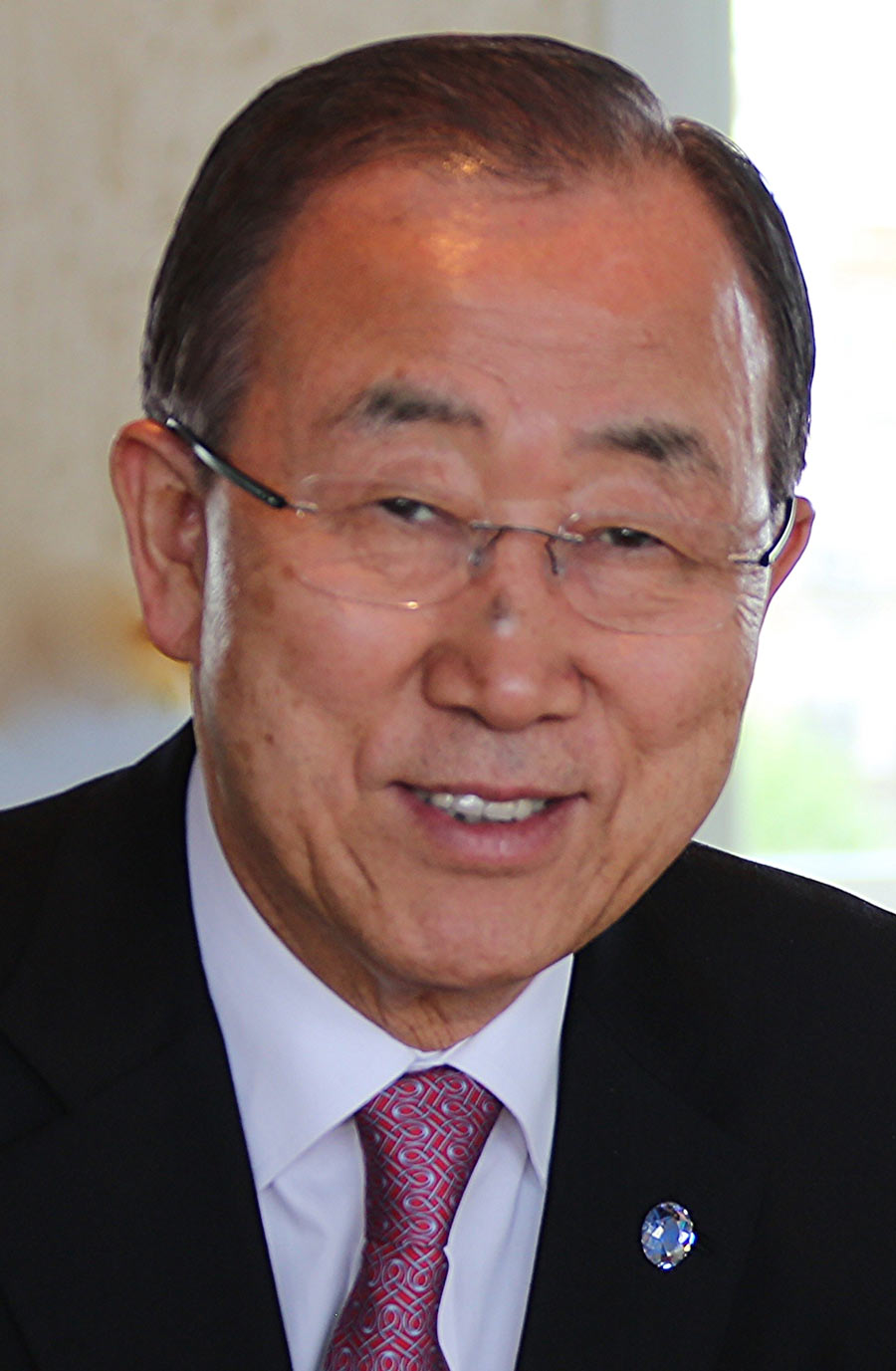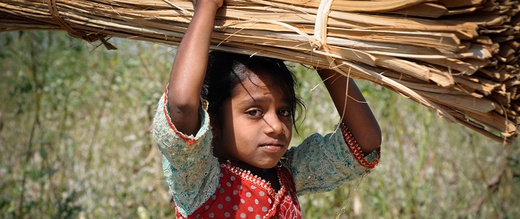The views expressed in our content reflect individual perspectives and do not represent the authoritative views of the Baha'i Faith.
When we see poverty allowed to reach a condition of starvation it is a sure sign that somewhere we shall find tyranny. Men must bestir themselves in this matter, and no longer delay in altering conditions which bring the misery of grinding poverty to a very large number of the people. The rich must give of their abundance, they must soften their hearts and cultivate a compassionate intelligence, taking thought for those sad ones who are suffering from lack of the very necessities of life.
There must be special laws made, dealing with these extremes of riches and of want. The members of the Government should consider the laws of God when they are framing plans for the ruling of the people. The general rights of mankind must be guarded and preserved.
The government of the countries should conform to the Divine Law which gives equal justice to all. This is the only way in which the deplorable superfluity of great wealth and miserable, demoralizing, degrading poverty can be abolished. Not until this is done will the Law of God be obeyed. – Abdu’l-Baha, Paris Talks, pp. 153-154.
In our world, today, almost a billion people live on less than a dollar a day, most of them going to bed hungry at night. To address that most basic of human problems, the United Nations, at the turn of the century, established eight Millennium Development Goals (MDGs), which, to an amazing degree, follow and resonate remarkably well with the spiritual and social principles of the Baha’i Faith:
- The eradication of extreme poverty and hunger
- Achieve universal primary education
- Promote gender equality and empower women
- Reduce child mortality
- Improve maternal health
- Combat HIV/AIDS, malaria and other diseases
- Ensure environmental stability
- Develop a global partnership for development

Ban Ki-moon
The world has never before undertaken such wide-ranging measures to combat extreme poverty and deliver equal justice to all. These MDGs, voluntarily entered into by national governments and translated into a framework of practical global steps, became the world’s overarching development goals for the ensuing fifteen years. Now, as that 15-year term has come to a close, the UN and its agencies have issued a final report on the MDGs and their effectiveness, detailing the progress made and the problems that remain.
In it, the Secretary-General of the United Nations, Ban Ki-moon, summarizes the Millennium Development’s decade and a half of concerted effort that went into alleviating poverty and hunger:
The global mobilization behind the Millennium Development Goals has produced the most successful anti-poverty movement in history. The landmark commitment entered into by world leaders in the year 2000—to “spare no effort to free our fellow men, women and children from the abject and dehumanizing conditions of extreme poverty”— …enabled people across the world to improve their lives and their future prospects. The MDGs helped to lift more than one billion people out of extreme poverty, to make inroads against hunger, to enable more girls to attend school than ever before and to protect our planet. They generated new and innovative partnerships, galvanized public opinion and showed the immense value of setting ambitious goals.
The worldwide work done to implement the MDGs, especially those focused on poverty and hunger, has had a profound impact. The UN’s final report says:
Extreme poverty has declined significantly over the last two decades. In 1990, nearly half of the population in the developing world lived on less than $1.25 a day; that proportion dropped to 14 per cent in 2015.
This stark, rapid and extremely heartening decline means, according to the MDG report, that:
…globally, the number of people living in extreme poverty has declined by more than half, falling from 1.9 billion in 1990 to 836 million in 2015. Most progress has occurred since 2000. The number of people in the working middle class—living on more than $4 a day—has almost tripled between 1991 and 2015. This group now makes up half the workforce in the developing regions, up from just 18 per cent in 1991.
Also, and perhaps most significantly, the UN says that the “proportion of undernourished people in the developing regions has fallen by almost half since 1990, from 23.3 per cent in 1990–1992 to 12.9 per cent in 2014–2016.” The bottom line? World poverty and hunger has now declined to its lowest level in the past two hundred years, and it continues to shrink. Despite this significant and very important progress, we certainly have more work to do, since the stark fact that almost 13% of our brothers and sisters live in extremely poor and hungry conditions challenges the conscience of every human being.
So can we actually end world poverty and hunger completely? Yes—if we put our minds and our collective political will toward it, the experts say: “This is the best story in the world today — these projections show us that we are the first generation in human history that can end extreme poverty,” says Jim Yong Kim, the President of the World Bank.
This global MDG plan, and the enormous work on behalf of humanity that it produces, has definitely begun the process, as Abdu’l-Baha first put it a hundred years ago, of “altering conditions which bring the misery of grinding poverty to a very large number of the people.”
Next: Achieving Universal Education for Every Child

















Comments
Sign in or create an account
Continue with Facebookor